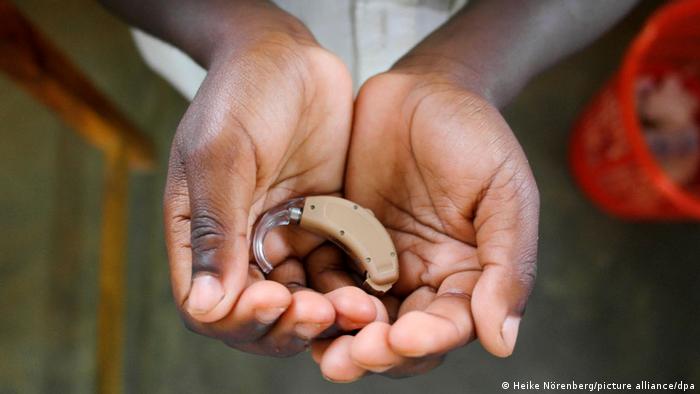MILLIONS of people have had Covid now – with some even having caught the bug more than once.
The majority of people have some sort of protection, whether that’s from jabs or prior infection.
However, you can still catch the illness if you’ve already had it and scientists in the US say that getting it again could be deadly.
Researchers at Washington University School of Medicine in St. Louis studied the impact of reinfection.
They found that repeat reinfection with Covid-19 resulted in additional risk of health conditions.
These outcomes, they said, include issues impacting the lungs, heart, brain and even your blood.
Medics also warned that patients could be faced with musculoskeletal and gastrointestinal systems; and even death – with reinfection contributing to conditions such as diabetes and kidney disease.
Experts found that people with Covid-19 reinfections were twice as likely to die than those who had only had the bug once.
Their data also revealed that those who had reinfections were three times more likely to be hospitalised than their counterparts who’d only been infected once.
Writing in the journal, Nature Medicine, the experts said that even if you’ve had Covid twice already, it’s better to avoid a third infection.
They studied various groups of people who hadn’t had Covid, those that had caught the bug once, then those who had caught it more than once.
In total, they looked at a data set of over 6million people, and modelled their risk of repeat infections within 30 days after contracting the virus and up to six months after.
Senior author Ziyad Al-Aly, a clinical epidemiologist at the School of Medicine said: “Our research showed that getting an infection a second, third or fourth time contributes to additional health risks in the acute phase, meaning the first 30 days after infection, and in the months beyond, meaning the long Covid phase.”;
The researchers also revealed that people with repeat reinfections were 3.5 times more likely to develop a lung condition.
They were also three times more likely to suffer heart conditions and 1.6 times more likely to experience brain issues than those who had just had once infection.
The study looked at various variants, including Delta and Omicron.
The experts noted that negative outcomes were seen in both those who had not had any Covid vaccines and those who had.
A study published in June 2022 by medics at the University of California San Diego also found that those who had Covid were more at risk of going on to develop interstitial lung disease (ILD).
In its most severe form – the illness is fatal without the patient having to have a lung transplant.
Another paper, penned by experts in Washington, in September, found that people who’d be infected had an increased risk of heart issues.
This is while paper in the British Medical Journal (BMJ), revealed in July that patients who contract Covid-19 are at an increased risk of developing cardiovascular disorders and diabetes in the three months following infection.
Across the UK, Covid infections have fallen in recent weeks and the strain currently in circulation, Omicron, has been proven to be milder than those that came before it.
Despite this, experts said people should be aware of the risks of the bug and should try and limit their risk of reinfection.




